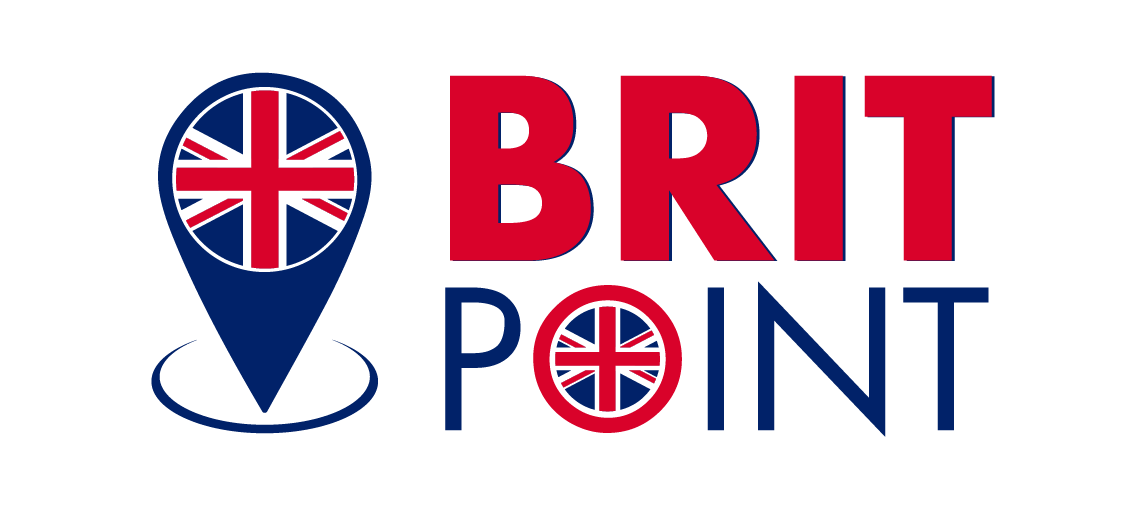Complete Scholarship Guidance for Studying in the UK for International Students
Overview
In the UK, government-funded courses are a valuable resource for individuals seeking to improve their skills, gain qualifications, or change careers. These programs are designed to make education more accessible, offering opportunities for free or low-cost training in a variety of fields, from accounting and finance to healthcare, digital skills, and more. In this article, we will explore what government-funded courses are, the benefits they offer, and how you can access them.
What Are Government-Funded Courses?
Government-funded courses are educational programs supported by public funds. These courses are typically offered to individuals who meet certain eligibility criteria, and they provide an affordable way to gain new skills, qualifications, or certifications in high-demand sectors. The funding can cover the entire cost of the course or significantly reduce the fees, making education more accessible to a wider range of individuals.
These courses are offered across a variety of sectors, including:
- Accounting and Finance
- Healthcare and Social Care
- IT and Digital Skills
- Construction and Engineering
- Creative Industries
- Business and Management
Funding is available through various government schemes, such as the Adult Education Budget (AEB), Apprenticeships, Traineeships, and Skills Bootcamps.
Types of Government-Funded Courses
- Adult Education Budget (AEB) The AEB is one of the most widely used funding schemes for adult learners. It covers a wide range of courses, from basic skills like literacy and numeracy to more advanced qualifications in specific sectors, such as accounting, business administration, and digital marketing. This funding is available for individuals aged 19 and over who want to improve their skills for work or further education.
- Apprenticeships Apprenticeships combine practical work experience with training, allowing individuals to earn while they learn. The government funds a significant portion of the apprenticeship costs, making it an affordable option for those looking to gain skills in industries like construction, engineering, business, and healthcare. Apprenticeships are available to young people and adults, with different levels of apprenticeship programs to suit individuals at various stages of their careers.
- Traineeships Traineeships are short-term programs designed to help young people (aged 16-24) gain work experience, improve their skills, and prepare for an apprenticeship or full-time employment. These courses often focus on employability skills, such as communication, teamwork, and problem-solving, and can be a great stepping stone for individuals looking to enter the job market.
- Skills Bootcamps Skills Bootcamps are intensive, government-funded courses designed to help individuals quickly gain skills in high-demand industries. These boot camps focus on practical skills and are often short in duration, typically lasting between 8 to 16 weeks. They are particularly popular in sectors like digital marketing, IT, cybersecurity, and construction, where there is a high demand for skilled workers.
Benefits of Government-Funded Courses
- Affordable Education The most significant benefit of government-funded courses is the reduced cost. Many of these courses are free or available at a low cost, making them accessible to individuals who might otherwise struggle with the expense of traditional education. This makes education more inclusive and helps individuals from all backgrounds enhance their skills.
- Industry-Relevant Qualifications Government-funded courses are often tailored to meet the needs of the job market. They are developed in consultation with industry experts, ensuring that the skills and knowledge gained are directly applicable to current job demands. This makes government-funded courses a valuable option for individuals looking to enter or progress in their chosen industry.
- Flexible Learning Options Many government-funded courses offer flexible study options. You can often choose from full-time, part-time, or online courses, making it easier to balance your studies with work or other commitments. This flexibility allows individuals to learn at their own pace and fit their education around their busy schedules.
- Recognized Qualifications Many government-funded courses lead to nationally recognized qualifications, such as diplomas, certificates, and apprenticeships. These qualifications are highly valued by employers and can significantly enhance your CV and career prospects. Whether you complete a qualification in accounting, healthcare, or IT, having a recognized credential can help you stand out in the competitive job market.
- Career Progression Government-funded courses are an excellent way to advance your career. For those already working in a particular field, these courses can help you upskill or specialize in a specific area, allowing you to move into higher-paying or more senior roles. For those looking to change careers, these courses provide the training and qualifications needed to make the transition smoothly.
- Support for Unemployed Individuals Government-funded courses are often available to unemployed individuals who are looking to gain skills to re-enter the workforce. By taking advantage of these courses, unemployed individuals can enhance their employability and increase their chances of securing a job. Many of these courses focus on practical, job-ready skills that employers are actively seeking.
Who Can Access Government-Funded Courses?
Government-funded courses are open to a variety of individuals, depending on the funding program and course type. The main eligibility criteria are usually based on age, employment status, and prior qualifications. Here’s who can benefit:
- Young Adults (aged 16-24) – Apprenticeships, traineeships, and certain skills bootcamps are often aimed at young adults looking to gain their first qualification or work experience.
- Adults (aged 19 and over) – Adults can access a wide range of courses, especially through the Adult Education Budget (AEB), which covers everything from basic skills to advanced vocational qualifications.
- Unemployed Individuals – If you are unemployed, you may be eligible for free or low-cost courses that will help you gain the skills needed to secure a job.
- Low-Income Individuals – Many courses are available to individuals who are on a low income or receiving certain benefits. This makes it easier for people from disadvantaged backgrounds to access education and improve their job prospects.
How to Apply for Government-Funded Courses
Applying for a government-funded course typically involves the following steps:
- Check Your Eligibility Review the eligibility criteria for the course or funding program. This may include age restrictions, employment status, or specific qualifications. Eligibility can vary, so it’s important to understand the requirements before applying.
- Choose a Course Provider Select a provider that offers government-funded courses in the field you’re interested in. Make sure the provider is accredited and recognized by the relevant authorities.
- Submit Your Application Complete the application process, which may include providing personal details, proof of eligibility, and any relevant documentation (e.g., income details or proof of unemployment status).
- Start Your Course Once accepted, you will be enrolled in the course and can begin your studies. Many courses have specific start dates, so it’s important to plan ahead.
Conclusion
Government-funded courses in the UK provide an excellent opportunity for individuals to gain new skills, improve their qualifications, and boost their career prospects—all without the financial strain of traditional education. Whether you are looking to enter the job market, upskill in your current role, or change careers, these courses offer a flexible and affordable way to achieve your goals. Take advantage of these funding opportunities and invest in your future today!
Contact US
Latest Blogs
-
06 Jan 2025 Study in the UKThe Complete Guide to Educational Counseling for Studying in the UK
-
06 Jan 2025 UncategorizedGuide to Test Preparation Programs for Studying in the UK
-
06 Jan 2025 UncategorizedA Comprehensive Guide to University Admission in the UK
-
 19 Dec 2024 Study in the UKHow to Apply for Scholarships to Study in the UK
19 Dec 2024 Study in the UKHow to Apply for Scholarships to Study in the UK -
 19 Dec 2024 Study in the UKEverything You Need to Know About Studying in the UK
19 Dec 2024 Study in the UKEverything You Need to Know About Studying in the UK
